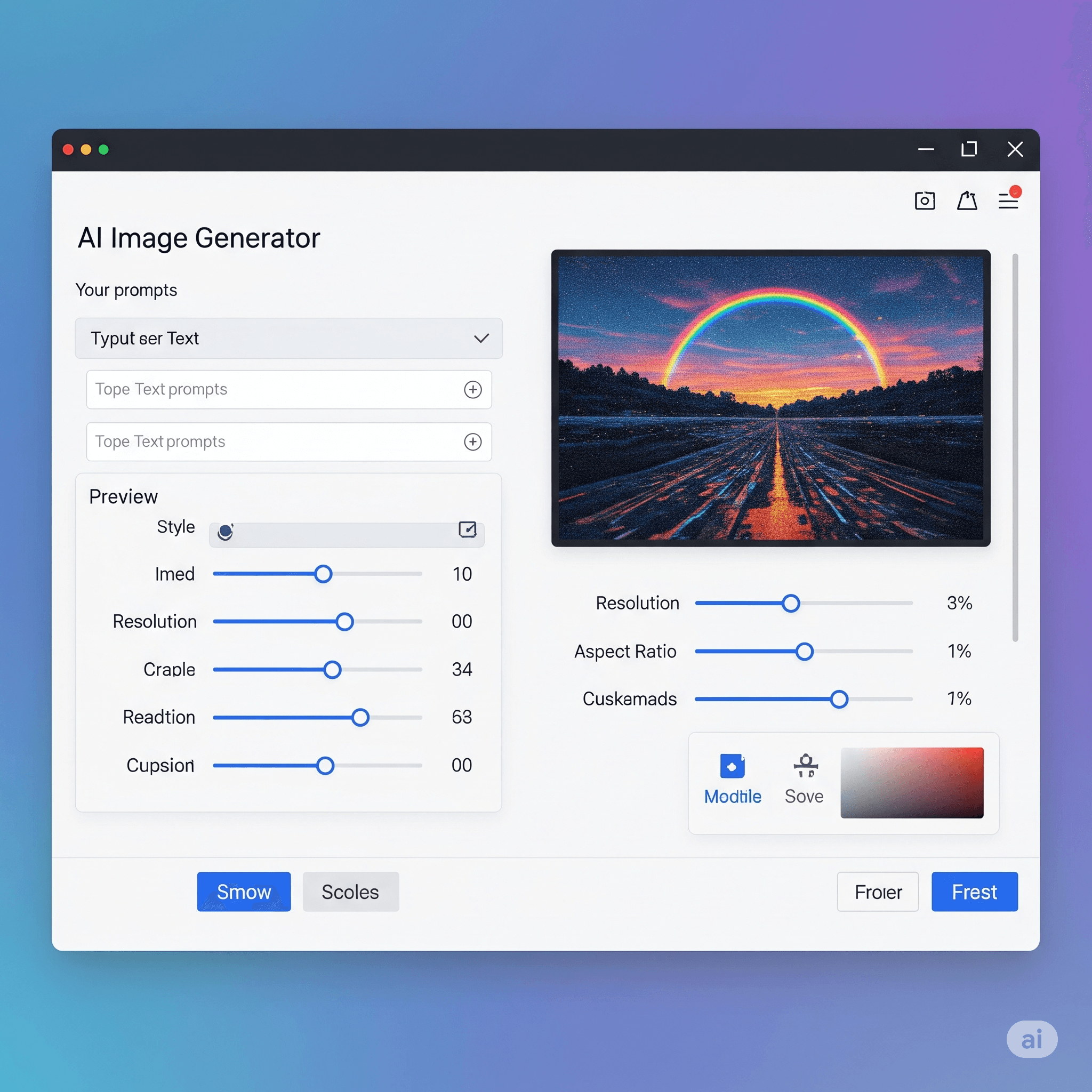Question: UDP and TCP are two protocols at the ___________ layer.
Answer:
UDP and TCP are two protocols at the transport layer of the OSI (Open Systems Interconnection) model. The transport layer is responsible for providing end-to-end communication services to applications, and it uses protocols like TCP and UDP to achieve reliable or unreliable data transfer between processes running on different hosts. TCP (Transmission Control Protocol) is a connection-oriented protocol that ensures reliable and ordered delivery of data, while UDP (User Datagram Protocol) is a connectionless protocol that provides a low-overhead, best-effort delivery of data without any reliability guarantees.
MCQ: UDP and TCP are two protocols at the ___________ layer.
Explanation:
UDP and TCP are two protocols at the transport layer of the OSI (Open Systems Interconnection) model. The transport layer is responsible for providing end-to-end communication services to applications, and it uses protocols like TCP and UDP to achieve reliable or unreliable data transfer between processes running on different hosts. TCP (Transmission Control Protocol) is a connection-oriented protocol that ensures reliable and ordered delivery of data, while UDP (User Datagram Protocol) is a connectionless protocol that provides a low-overhead, best-effort delivery of data without any reliability guarantees.
Discuss a Question
Related Questions
- 1. Which of the following functions are performed by UDP?
- 2. A port number is _______ bits long.
- 3. Which of the following does UDP provide?
- 4. The source port number on the UDP user datagram header defines _______.
- 5. To use the services of UDP, we need ________ socket addresses.
- 6. UDP packets are called __________ .
- 7. UDP packets have a fixed-size header of _______ bytes.
- 8. TCP is a __________ protocol.
- 9. TCP groups a number of bytes together into a packet called a ___________.
- 10. TCP is a(n) ___________ protocol.
You may be interested in:
Computer Networking MCQs






